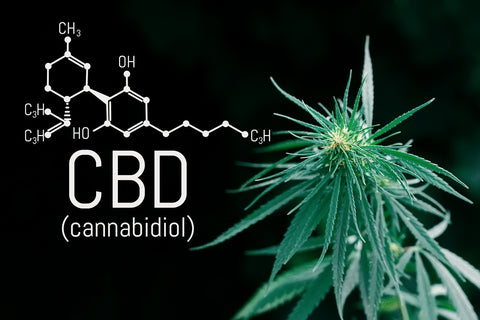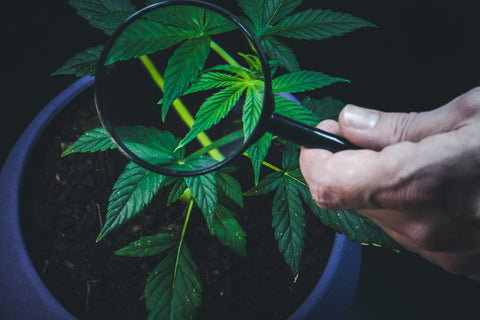Another common misconception about CBD is that it acts as a sedative.
How did this myth surface, exactly?
It’s believed that because many high-CBD cannabis strains contain myrcene, a common terpene that is thought to be sedating, it’s been confused with CBD’s effect. Although CBD has been used by some as a sleep aid, there is no evidence that it’ll leave you feeling groggy or knock you out in the same way as myrcene.




